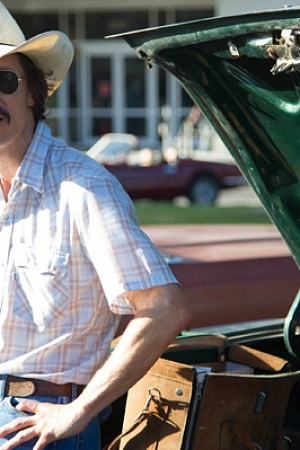Tótem

Children occupy a special place at the Berlinale, which rolls around every year in Brandenburg during frosty February. Unlike many other top-tier competition film festivals, Berlin provides a whole strand, Generation – divided into ‘Kplus’ and ‘14plus’ – devoted to films about the world of die kinder. Though crafted by adults, these works have a certain sympathy with the world view of those much younger.
In 2023, at the seventy-third edition of the festival, children also had pride of place in Berlin’s main competition. The coveted Silver Bear for Best Leading Performance went to its youngest ever recipient, nine-year-old Sofía Otero, for her role as trans girl Lucía, in Estibaliz Urresola Solaguren’s 20,000 Species of Bees. (Another Spanish coming-of-age film featuring bee-keeping to rival my favourite The Spirit of the Beehive.)
Continue reading for only $10 per month. Subscribe and gain full access to Australian Book Review. Already a subscriber? Sign in. If you need assistance, feel free to contact us.















Leave a comment
If you are an ABR subscriber, you will need to sign in to post a comment.
If you have forgotten your sign in details, or if you receive an error message when trying to submit your comment, please email your comment (and the name of the article to which it relates) to ABR Comments. We will review your comment and, subject to approval, we will post it under your name.
Please note that all comments must be approved by ABR and comply with our Terms & Conditions.